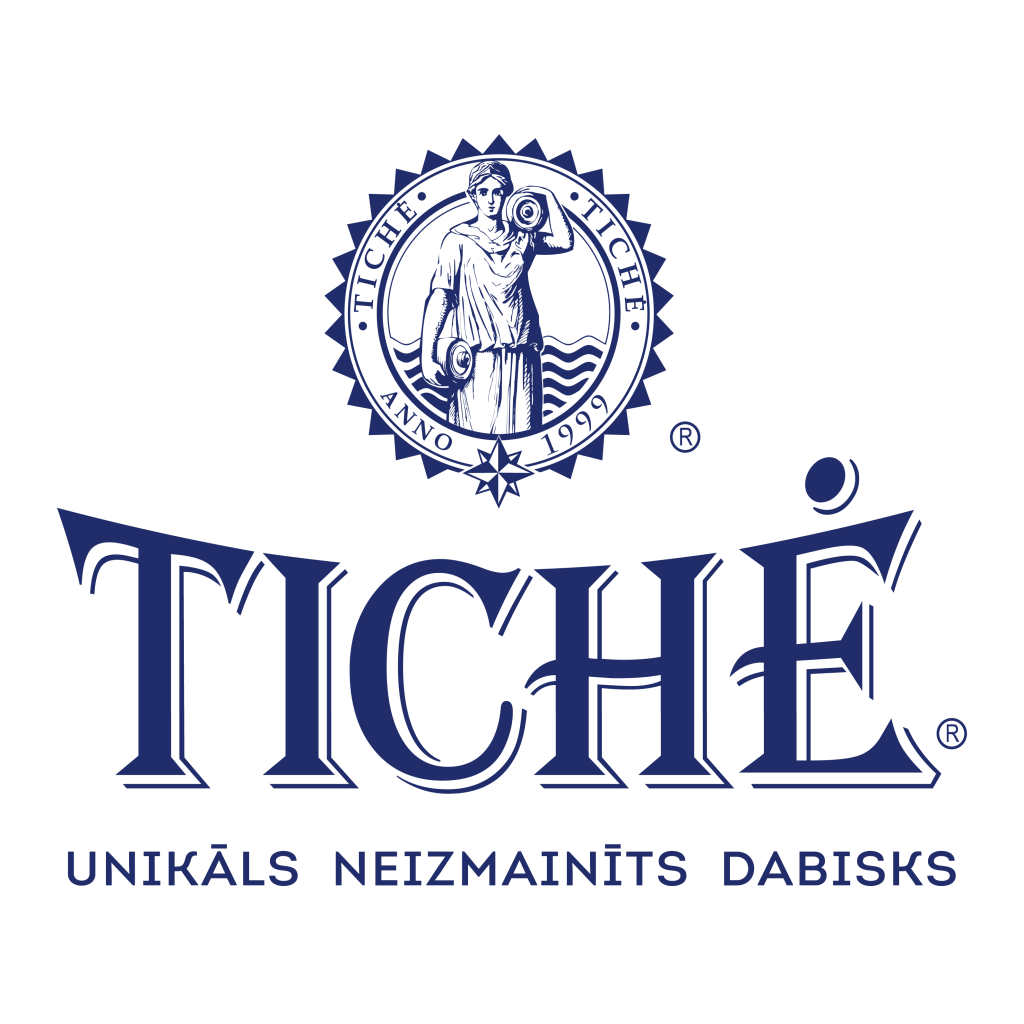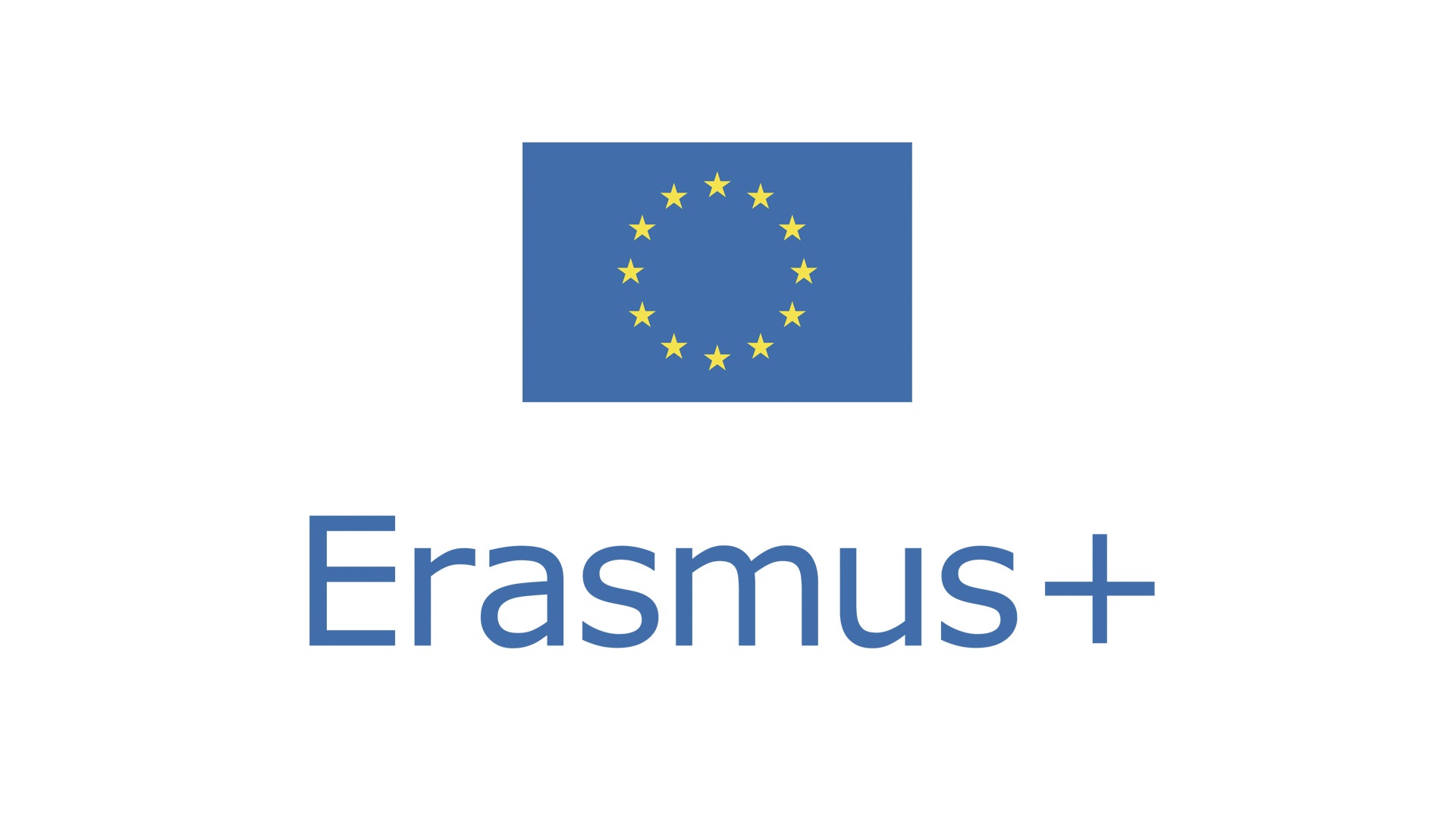4th International Conference Nutrition and Health
Rīga Stradiņš University, Medical Education Technology Centre
26A Anniņmuižas bulvāris, Rīga, Latvia
5 & 6 December 2024
Dear Colleagues,
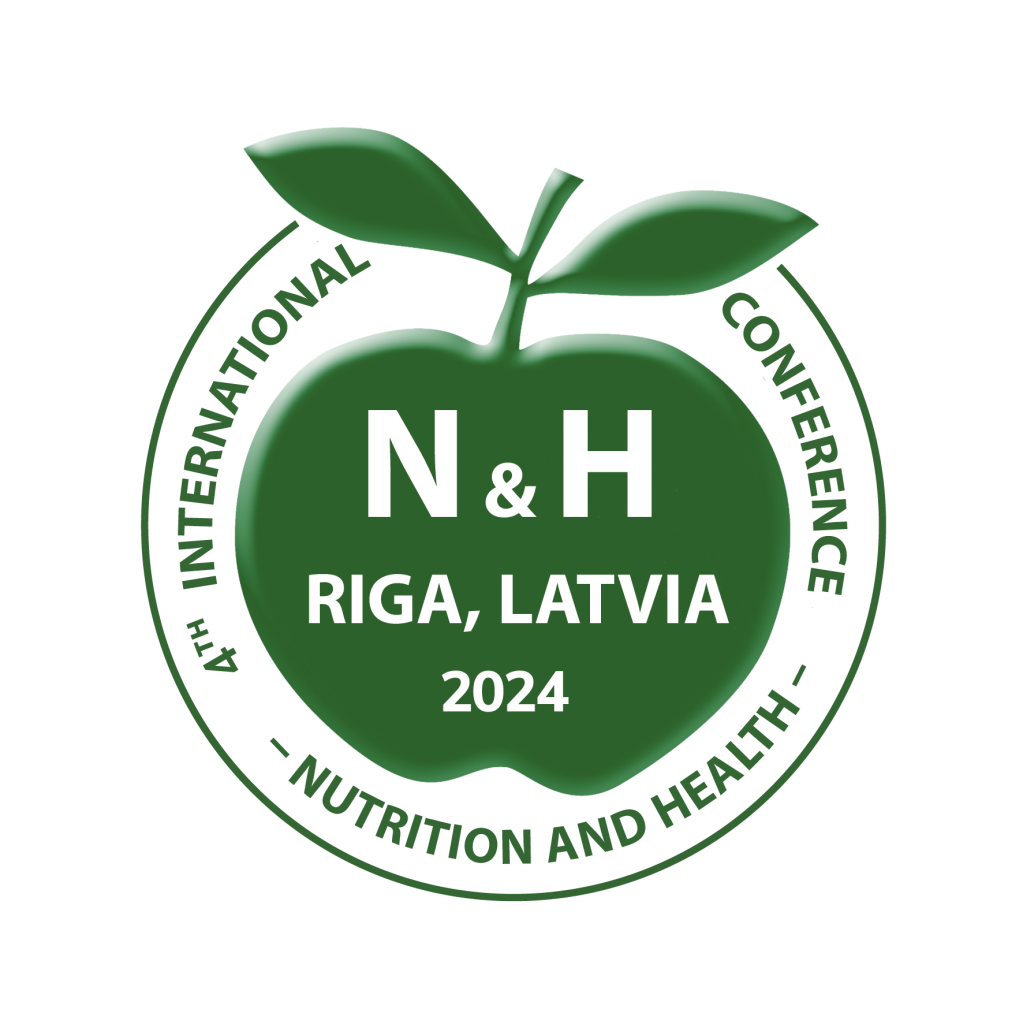
Three of the biggest Latvian universities – Rīga Stradiņš University (RSU), the University of Latvia, and the Latvia University of Life Sciences and Technologies – are implementing a joint intra-university Nutrition Science master's study programme and are honoured to invite you to the 4th International Conference Nutrition and Health.
The conference will take place at RSU Medical Education Technology Center in Rīga, the capital of Latvia, on 5 and 6 December 2024, and be held in hybrid format.
The conference will provide leading scientists, government representatives, as well as business leaders in food, nutrition and health with a a forum to disseminate and gather ideas and research results. International scientists will be able to participate online, while Latvian scientists will have the opportunity to participate either in person or online.Lolita Neimane, Conference Organiser
RSU Department of Rehabilitation
Key topics
- Nutrition policy, public health and epidemiology
- Nutrition science
- Diet, nutrition, and chronic disease prevention
- Nutrition throughout life
- Metabolic syndrome
- Sports nutrition and metabolism
- Health-relevant food products
- Food quality and safety
- Sustainable food
- Microbiome alterations in health and disease
Digital conference materials
Important dates
- Early bird registration: 13 November
- Registration: 22 November
- Poster submission (only e-posters will be accepted): 1 December
- Conference: 5–6 December
Invited speakers
- Prof. Vadims Bartkevičs (Latvia)
Vadims Bartkevičs is a Professor of Analytical Chemistry at the University of Latvia and a Laboratory Head at the Institute of Food Safety, Animal Health and Environment BIOR.
His main research focus is developing advanced analytical methods based on high-resolution mass spectrometry to analyze the occurrence of contaminants in food samples. His experience includes supervising various scientific and collaboration projects. He has co-authored more than 170 scientific publications included in the Scopus database. He applies his research experience to teach analytical chemistry and food analysis to students and supervise PhD students.
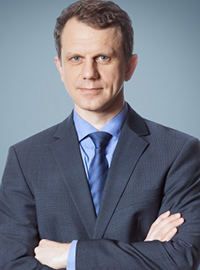
- Prof. Elena Bartkienė (Lithuania)
Elena Bartkienė is a Professor in the Department of Food Safety and Quality, the Head and Chief Researcher at the Institute of Animal Rearing Technologies, and the Dean of the Faculty of Animal Sciences at the Lithuanian University of Health Sciences.
She is a true member (Academician) of the Lithuanian Academy of Sciences. Her areas of expertise include agro-innovations and food/feed (bio)technologies, focusing on the development of higher-value food raw materials and products, as well as modeling and optimizing technologies for the food and feed industry. She also works on sustainable and alternative agro-biological resources, including the biorefining and valorization of food industry by-products into value-added components for the food, pharmaceutical, and feed sectors, as well as safer food initiatives. She has extensive experience in teaching and supervising students. Her collaborative research has resulted in more than 200 scientific publications, 2 patents registered with the European Patent Office, and 1 patent registered with the State Patent Bureau of the Republic of Lithuania.
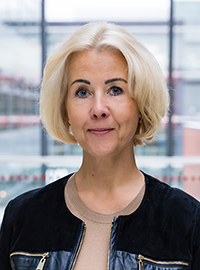
- Prof. Dr Ina Bergheim (Austria)
Dr Ina Bergheim is a Full-Professor for Molecular Nutritional Sciences at the Department of Nutritional Sciences at the University of Vienna, Austria. She is a nutritional scientist by training. The main aim of her research is to determine molecular mechanisms underlying the development of steatotic liver diseases, immune response and ageing-associated liver decline with a particular focus on the interplay of nutrition and the intestinal barrier herein. Furthermore, she aims to develop new strategies to target the molecular alterations underlie the development of steatotic liver disease and ageing-associated liver decline as well as alterations of the immune response with nutrition including specific dietary patterns as well as secondary plant compounds.

- Dr Diana Bogueva (Australia)
Dr Diana Bogueva, with a background in social science and journalism, specializes in sustainable food consumption, alternative proteins, consumer perceptions of novel food technologies, and generational food behaviour. Her work has earned multiple awards, including twice the World’s Best Book at the Gourmand Awards in 2022 for her co-authored book 'Food in a Planetary Emergency', addressing food system transformations in response to climate change and resource pressures and in 2020 for her co-edited book 'Environmental, Health and Business Opportunities in the New Meat Alternatives Market' addressing the emerging novel food proteins trends. Her research work is ranked in the top 5% globally by Altmetrics. Diana was a finalist for the 2019 International Book Award for her co-edited 'Handbook of Research on Social Marketing and its Influence on Animal-Origin Food Consumption'. In 2024, her co-authored book 'Nutrition Science, Marketing Nutrition, Health Claims, and Public Policy' was a finalist for the PROSE Award.

- Daniela Grach, MSc (Austria)
Daniela Grach, MSc is a qualified dietician (1997) with a master's degree in applied nutrition science (2012). Since 2007, she has served as a lecturer at the Institute of Dietetics at the FH Joanneum University of Applied Sciences. Furthermore, she has expertise in the areas of nutritional therapy for kidney disease and health promotion.
In addition to teaching a course on 'Nutrition and Sustainability' in both the bachelor's and master's programmes at FH Joanneum, she gives lectures on this topic (including the EFAD Webinar: 'Applying Sustainability in Dietetic Practice', 2022) and is a member of various working groups dealing with the topic of sustainable nutrition and climate change.
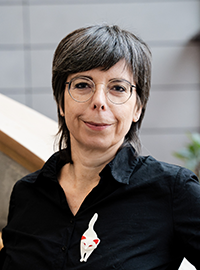
- Maruša Jonas (United States)
Maruša Jonas is an Extension Educator with the Nutrition Education Programme at the University of Nebraska-Lincoln. She focuses on indirect nutrition education for limited-resource audiences and collaborates on culturally responsive nutrition projects aimed at diverse communities.
As former professional athlete, she is passionate about sports nutrition, human performance, and promoting an active, healthy lifestyle.
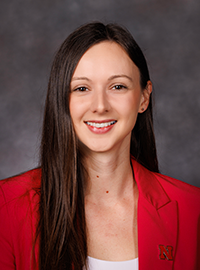
- Prof. Ilze Konrāde (Latvia)
Prof. Ilze Konrāde earned her PhD in 2008 for her work on glycation mechanisms in the pathogenesis of diabetic neuropathy. Currently, she is a professor at Rīga Stradiņš University (RSU), serving in the Department of Internal Medicine. In addition to her academic responsibilities, she directs the doctoral study program "Healthcare" and heads the Endocrinology Department at Rīga East Clinical University Hospital.
Her main areas of scientific research include the pathogenesis of microvascular complications of diabetes, lifestyle interventions, microbiome and molecular markers, the pathogenesis of autoimmune thyroid diseases, iodine and selenium provision in at-risk populations, and molecular genetic studies of pituitary adenomas.
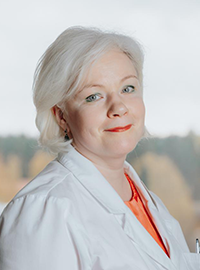
Her outstanding work has been recognized through co-authorship in the Latvian Academy of Sciences' most significant scientific achievements (2020, 2022), and she received the Senate's Gratitude Award from the Latvian Academy of Sciences (2022).
- Prof. Vilma Kriaučionienė (Lithuania)
Prof. Vilma Kriaučionienė is an academic with a PhD in Public Health and over 15 years of experience in scientific research and public health initiatives. She serves as a professor in the Department of Preventive Medicine and as a senior researcher at the Institute of Health Research, both within the Faculty of Public Health at the Lithuanian University of Health Sciences.
Her research expertise focuses on public health, nutrition, and the prevention of obesity and other non-communicable diseases (NCDs). Prof. Kriaučionienė has played a key role in numerous national and international research projects aimed at addressing health challenges related to lifestyle and nutrition.
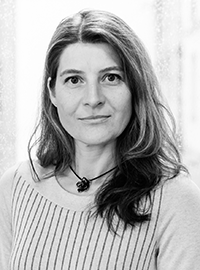
As an educator, Prof. Kriaučionienė teaches undergraduate and postgraduate courses in nutrition, public health nutrition, lifestyle, weight management, prevention of NCDs, and epidemiology.
Prof. Kriaučionienė also serves as the Vice President of the Lithuanian Obesity Association and is a member of the Lithuanian Dietetic Association.
- Assoc. Prof. Ólafur Ögmundarson (Iceland)
Ólafur Ögmundarson is an Associate Professor at the University of Iceland, and he is Vice-Faculty Dean of the Faculty of Food Science and Nutrition. He chairs the Board of Teaching at the School of Health Sciences and sits on the Sustainability board of the University of Iceland.
His main research focus is on interdisciplinary research assessing impacts of foods and diets with specific focus on food systems and how changes in dietary patterns affect food security. This focus is also reflected in his teaching where main topics are life cycle assessments, food systems, diets and food production and connections to the United Nations Sustainability Goals.
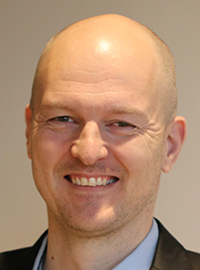
- Prof. Janina Petkevičienė (Lithuania)
Janina Petkevičienė is a Professor in the Department of Preventive Medicine and a Chief Researcher at the Health Research Institute, Faculty of Public Health, Lithuanian University of Health Sciences.
She has been working in the field of epidemiology and the prevention of chronic non-communicable diseases (NCDs) for 40 years and has co-authored more than 100 articles in international journals. Janina Petkevičienė has been involved in numerous international projects aimed at monitoring changes in the health behaviours of the Lithuanian population, including dietary habits. Her research focuses on the characteristics of diet and related risk factors of NCDs, the associations between diet and diseases, as well as the interaction of lifestyle and genetic polymorphisms in the pathogenesis of obesity and metabolic syndrome. She uses her research experience to teach students in epidemiology and the promotion of healthy nutrition and to supervise PhD students.
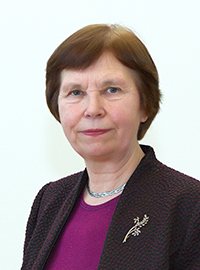
- Iveta Pudule (Latvia)
Iveta Pudule works as the Senior Public Health Analyst at the Latvian National Centre for Disease Prevention and Control. Her research interests focus on understanding determinants of nutrition, overweight and obesity, sedentary behaviour in children and adolescents.
She was the principal investigator of several EU projects in the field of health promotion and nutrition of children at a national level. She is also the principal investigator of the HBSC study in Latvia and member of international HBSC Eating and Dieting Focus Group since 2002. In HBSC study she also works as a member of the Coordination Committee. She is the principal investigator of WHO Childhood Obesity Surveillance Initiative (COSI) in Latvia since 2009.She is a member of National Nutrition Council and National Food Council. In the field of nutrition Iveta Pudule actively collaborates with Ministry of Health, Ministry of Education and Science, Ministry of Agriculture and Healthy Municipalities Network in Latvia.
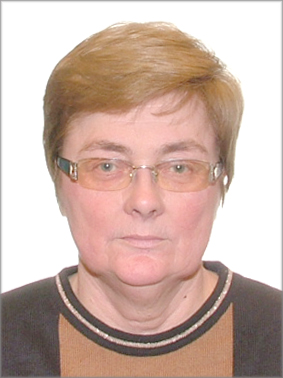
As part of WHO networks, she has been involved in WHO missions as an expert in assisting other countries in Eastern and Central European countries in preparations of missions to the field being consultant on missions to several WHO EURO Member States in areas of Childhood obesity prevention and Health behaviour studies among school age children.
She has more than 20 years of demonstrated experience at country level providing technical and managerial support and policy advice in surveillance and response; implementation of strategies and interventions to address the health burden of non-communicable diseases – development of non-communicable disease plans and strategies in Latvia.
She also has demonstrated experience coordinating activities with international partners (namely, Northern Dimension Partnership, WHO, EC), stakeholders in the areas of public health, health systems and international development.
She is the first author and co-author of 17 articles in PMC journals.
On an international level, Iveta Pudule has worked in HBSC study as a member of the Coordination Committee since 2002. She is a member of Coordination Committee of the WHO Childhood Obesity Surveillance Initiative (COSI) since 2009.
She is a Board member of Public Health Association of Latvia and a Member of Latvian Diet and Nutritionists association.
- Assoc. Prof. Iuliana Vintila, PhD (Romania)
Assoc. Prof. Iuliana Vintila, PhD in Food Science and Engineering. She is the author of 23 books and book chapters in international and national publishing houses (Elsevier, Wiley, Lambert, etc.), first author and co-author for 19 articles in ISI journals and relevant ISI proceedings, has 107 BDI scientific papers indexed in recognised international databases, articles presented in national & international conferences and published articles revues.
Additionally, she is a member of prestigious international organisations such as the European Federation of Food Science and Technology (2009), the Co-Chair (since 2013) and Chair (since 2022) of the Nutrition WG in Global Harmonization Initiative, the International Society of Food Engineering (2010), the Balkan Environmental Association (2008), the Global Environmental Standard (GES) Community of Interest (2011), and the European Academy for Education and Social Research (2012).

Assoc. Prof. Vintila acts as International Project Expert for the European Science Foundation, the Eurostar Program, EC "Expert area in the Participant Portal" and "Connecting Europe Facility", Horizon Europe Program, EU TAIEX, COST, EACEA, Erasmus Mundus (2010). She is the Guest Associate Editor and Research Topic Editor for Frontiers in Food Science and Technology, the Regional Editor for Advance Journal of Food Science and Technology, the Academic Editor for European Journal of Nutrition & Food Safety, an Editorial Board Member of SciEdTech, an Editorial Board Member of African Journal of Water Conservation and Sustainability, on the editorial boards of EC Nutrition, the Clinical Journal of Nutrition and Dietetics, and Discoveries in Food Technology and Nutrition Sciences, etc.
- Prof. Mara Vitolins (United States)
Dr Mara Vitolins is a Professor at Wake Forest University School of Medicine, Division of Public Health Sciences, Department of Epidemiology and Prevention, USA. She is a nutrition researcher who studies the use of dietary interventions to enhance women’s health and improve diabetes and cancer prevention, management and survivorship.
She has authored over 250 peer-reviewed journal articles, hundreds of peer-reviewed and invited conference presentations, as well as numerous book chapters. Mara has been the Principal Investigator of nearly 20 federally funded (NIH, NHLBI, CDC) grants and a Co-Investigator of an additional 20 large grants. She translates and shares her knowledge and research through numerous prestigious media outlets including The New York Times, National Public Radio, and local news affiliates, among many additional venues.
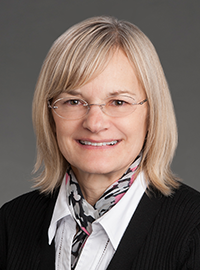
Mara’s research is translating, scaling, and testing clinically effective dietary and weight loss interventions into community settings to prevent and manage diabetes and cardiovascular disease, improve healthy cancer survivorship, and enhance quality of life. She is a co-developer of many remarkable large, ongoing nutrition intervention trials, including the Women’s Health Initiative (WHI) and the Action for Health in Diabetes (Look AHEAD) Trial. She has led many community-based intervention trials and has received several awards for her team science approach. Mara is dedicated to healthy equity and is committed to reducing health disparities. This value is exemplified by her role in tailoring effective community-based interventions, such as the translation of Healthy Living Partnerships to Prevent Diabetes (HELP PD) to effectively reach and impact Latinx individuals who are at risk for developing diabetes, and tailoring the DASH Diet for use in under-resourced African American communities. Additionally, her research seeks to improve nutrition and health for individuals of other racial and ethnic minority groups, rural adults, as well as older adults of lower socioeconomic position. She has served as the Interim Chair or Vice Chair of the Department of Epidemiology and Prevention within Wake Forest’s Division of Public Health Sciences. She also served as Co-Director of the Symptom Management and Control program of the Wake Forest Comprehensive Cancer Center NCORP Research Base.
Registration
Participant registration (Note that you will need to create an account in Exordo.)
| Category | Early bird fee until 13 November (EUR, VAT incl.) | Regular fee until 22 November (EUR, VAT incl) |
|---|---|---|
| Participant, on-site | 150 | 200 |
| Participant, online | 100 | 150 |
| PhD and MSc Students, on-site | 75 | 100 |
| PhD and MSc Students, online | 50 | 75 |
| Invited plenary speakers RSU, LU and LULST Nutrition and Nutrition Science students Academic staff | free of charge | |
Presentation guidelines
- Oral presentations
PowerPoint presentation guidelines
- Format: Your presentation must be prepared in .PPT or .PPTX format
- Ratio: The projection ratio of the screen is 16:9
- The first slide of the presentation should contain your name and the title of the presentation
- We recommend that all slides containing unpublished data be labeled UNPUBLISHED DATA - DO NOT COPY OR DISTRIBUTE
- Use a simple font such as Arial, Times New Roman, Verdana, etc.
- Please use slide numeration
- If your presentation includes videos, they must be in MP4 format
Important for MAC users:
Convert your presentation to PowerPoint or PDF.
Insert images as JPG. PowerPoint does NOT show the following file types - TIF, PNG or PICT.Instructions for presentation submission
- Presentations must be sent to the Secretariat by 3 December before 5 PM to the e-mail address conference
 rsu[pnkts]lv Upload your presentation to https://files.fm/ (or another cloud server) naming the file with your name your last name
rsu[pnkts]lv Upload your presentation to https://files.fm/ (or another cloud server) naming the file with your name your last name - On-line presenters do not need to send the presentations. They must be shared from your computer. Zoom links will be sent no later than 48 hours before the conference.
- Only computers located in the conference hall can be used for presentations
- Please note that submitted slides must be complete and ready for presentation
- Before the start of the session, we invite you to check your presentation, including the video (if included)
We invite you to strictly respect the time allotted for the presentation (for free paper sessions – 10 min max), the Session Chairs may interrupt your presentation if the time is exceeded!
- Poster presentations
PowerPoint presentation guidelines
- Poster presentations are planned on digital screens. Paper format posters are not required
- Poster presentations are 1 slide in PowerPoint
- Horizontal format is mandatory
- The prepared template, which is available here, should be used for the preparation of poster presentations
- Template content fields can be used and formatted as needed
- Use a simple and clearly legible font (Arial, Arial black, Calibri...) and a text size no smaller than 16
- To check that the final version is clearly legible, enlarge it to 100% and check all images and diagrams
- Better to use high quality images and graphics
- Do not stretch images manually, otherwise quality will be lost after enlarging
- The finished files in PowerPoint version must be sent to the Secretariat (conference
 rsu[pnkts]lv) no later than 3 December before 5 PM. Upload your presentation to https://files.fm/ (or another cloud server) naming the file with your name and your last name
rsu[pnkts]lv) no later than 3 December before 5 PM. Upload your presentation to https://files.fm/ (or another cloud server) naming the file with your name and your last name - Mandatory attendance for poster presenters during poster session on December 5 at 15:10-15:40
Conference Board
- Aigars Pētersons, Dr. habil .med., Rector, Rīga Stradiņš University
- Agrita Kiopa, PhD in Public Policy, Vice-Rector for Science, Rīga Stradiņš University
- Dins Šmits, Dr. med., Vice-Rector for Academic Affairs Chair, Rīga Stradiņš University
- Gundars Bērziņš, Dr. oec., Rector, University of Latvia
- Guntars Kitenbergs, Dr. phys., Vice-Rector of Science, University of Latvia
- Irina Arhipova, Dr. sc. ing., Rector, Latvia University of Life Sciences and Technologies
Scientific Committee
- Chair: Asnate Ķirse Ozoliņa, Dr. sc. ing., Latvia University of Life Sciences and Technologies
- Inga Millere, Dr. med., Rīga Stradiņš University
- Toms Pulmanis, Dr. med., Rīga Stradiņš University
- Vadims Bartkevičs, Dr. chem., University of Latvia
- Ilze Beitāne, Dr. sc. ing., Latvia University of Life Sciences and Technologies
- Inga Ciproviča, Dr. sc. ing., Latvia University of Life Sciences and Technologies
- Maija Dambrova, Dr. pharm., Latvian Institute of Organic Synthesis
- Aleksejs Derovs, Dr. med., Rīga Stradiņš University
- Dace Gardovska, Dr. habil. med., Rīga Stradiņš University
- Māra Jure, Dr. chem., Rīga Technical University
- Māris Kļaviņš, Dr. habil. chem., University of Latvia
- Gundega Knipše, Dr. med., University of Latvia
- Gustavs Latkovskis, Dr. med., University of Latvia
- Renāte Ligere, Dr. habil. med., University of Latvia
- Assoc. Prof. Dr. med. Laila Meija, Rīga Stradiņš University
- Līga Ozoliņa-Molla, Dr. biol., University of Latvia
- Valdis Pīrāgs, Dr. med., University of Latvia
- Līga Plakane, Dr. biol., University of Latvia
- Juris Pokrotnieks, Dr. med., Rīga Stradiņš University
- Aldis Puķītis, Dr. med., University of Latvia
- Dace Rezeberga, Dr. med., Rīga Stradiņš University
- Ingrīda Rumba Rozenfelde, Dr. habil. med., University of Latvia
- Dalija Segliņa, Dr. sc. ing., Institute of Horticulture
- Andrejs Šķesters, Dr. biol., Rīga Stradiņš University
- Anita Villeruša, Dr. med., Rīga Stradiņš University
- Sanita Zute, Dr. agr., Institute of Agricultural Resources and Economics (Latvia)
Organising Committee
- Lolita Vija Neimane, Dr., Conference Chair, Rīga Stradiņš University
- Ida Jākobsone, Dr. chem., Conference Vice-Chair, University of Latvia
- Asnate Ķirse Ozoliņa, Dr. sc. ing., Latvia University of Life Sciences and Technologies
- Guna Bīlande, Mg. sc. sal., University of Latvia, Latvian Association of Diet and Nutrition Specialists
- Inga Elksne, PhD., Rīga Stradiņš University, Latvian Association of Diet and Nutrition Specialists
- Māra Kampara, Mg. sc. sal., Rīga Stradiņš University
- Lolita Jakubāne, Rīga Stradiņš University
Secretariat
Co-organisers

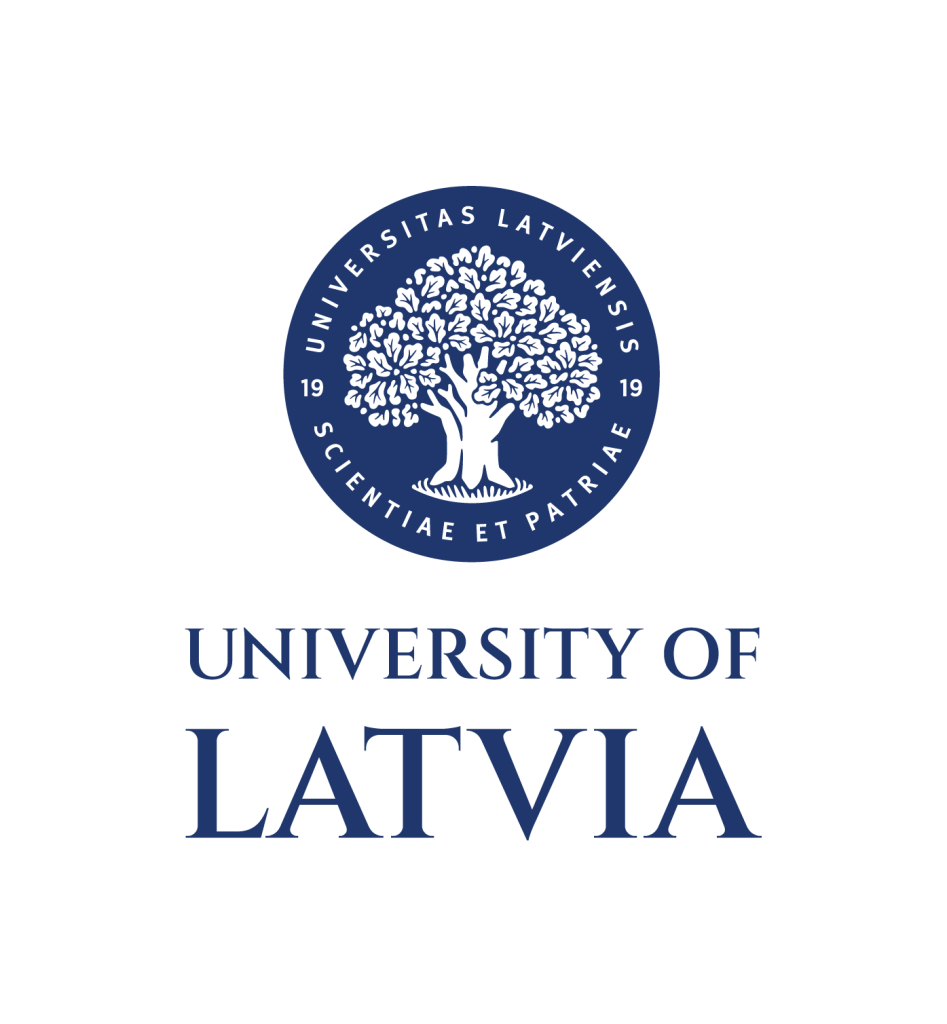
Co-operation partners
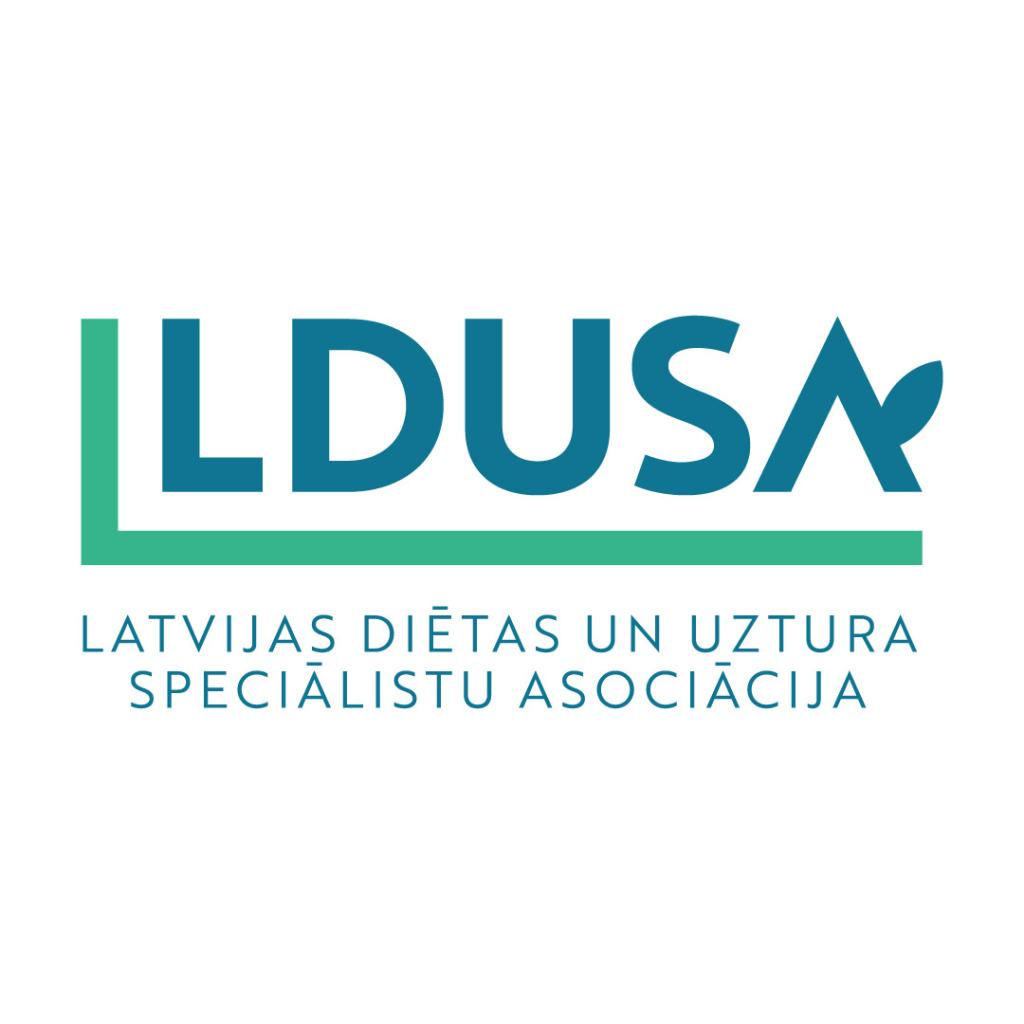
Latvijas Diētas ārstu asociācija
Supporters






